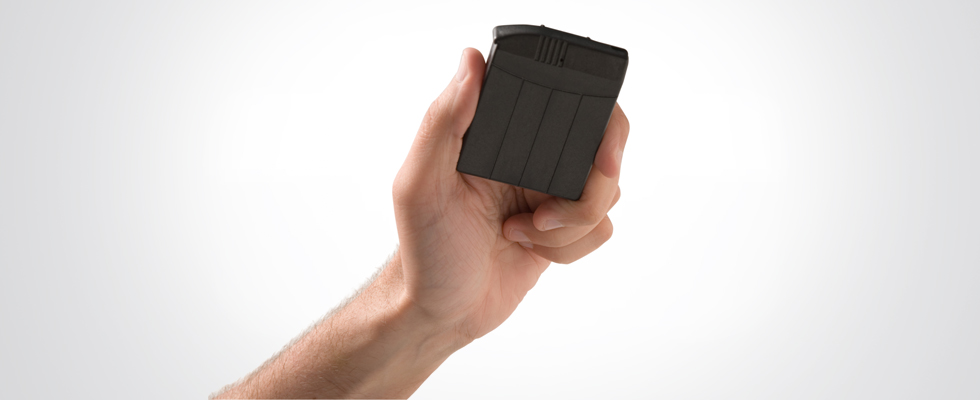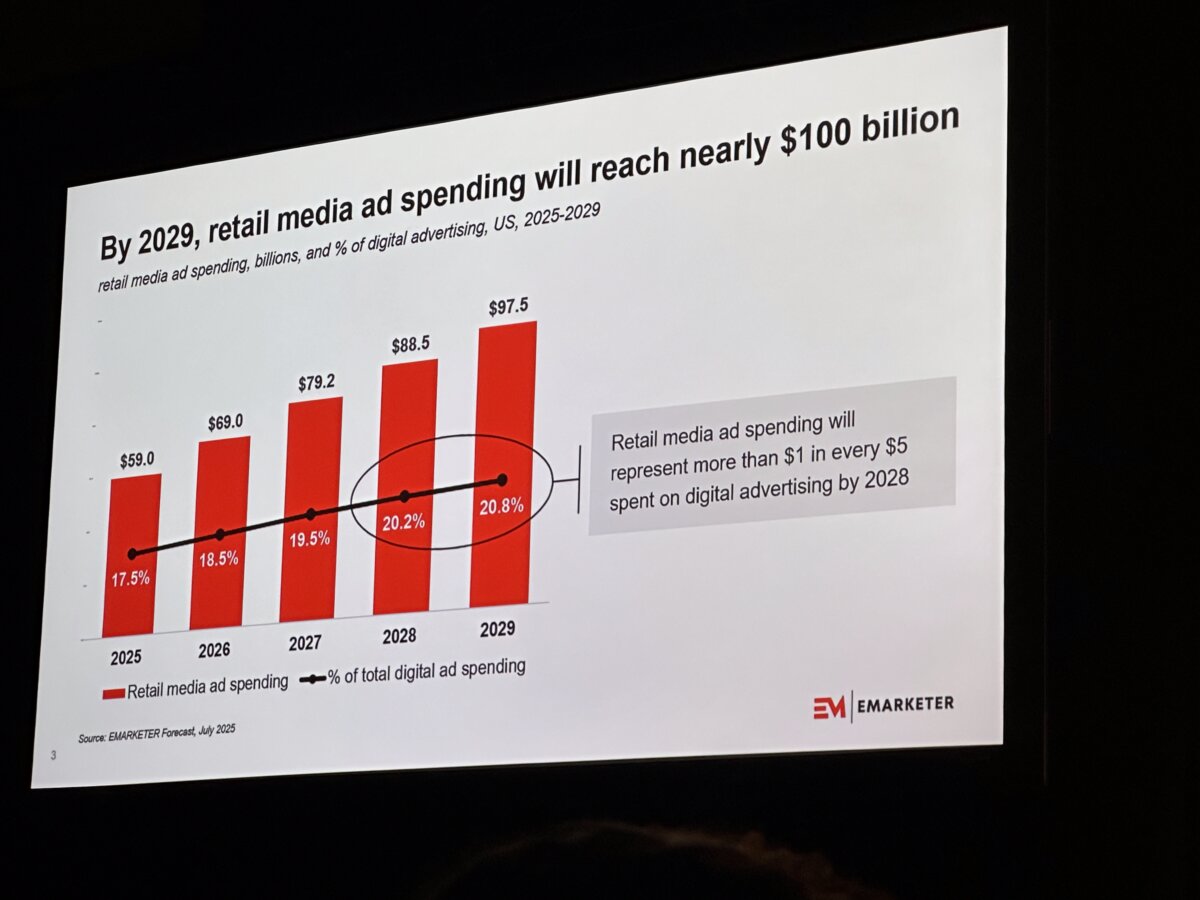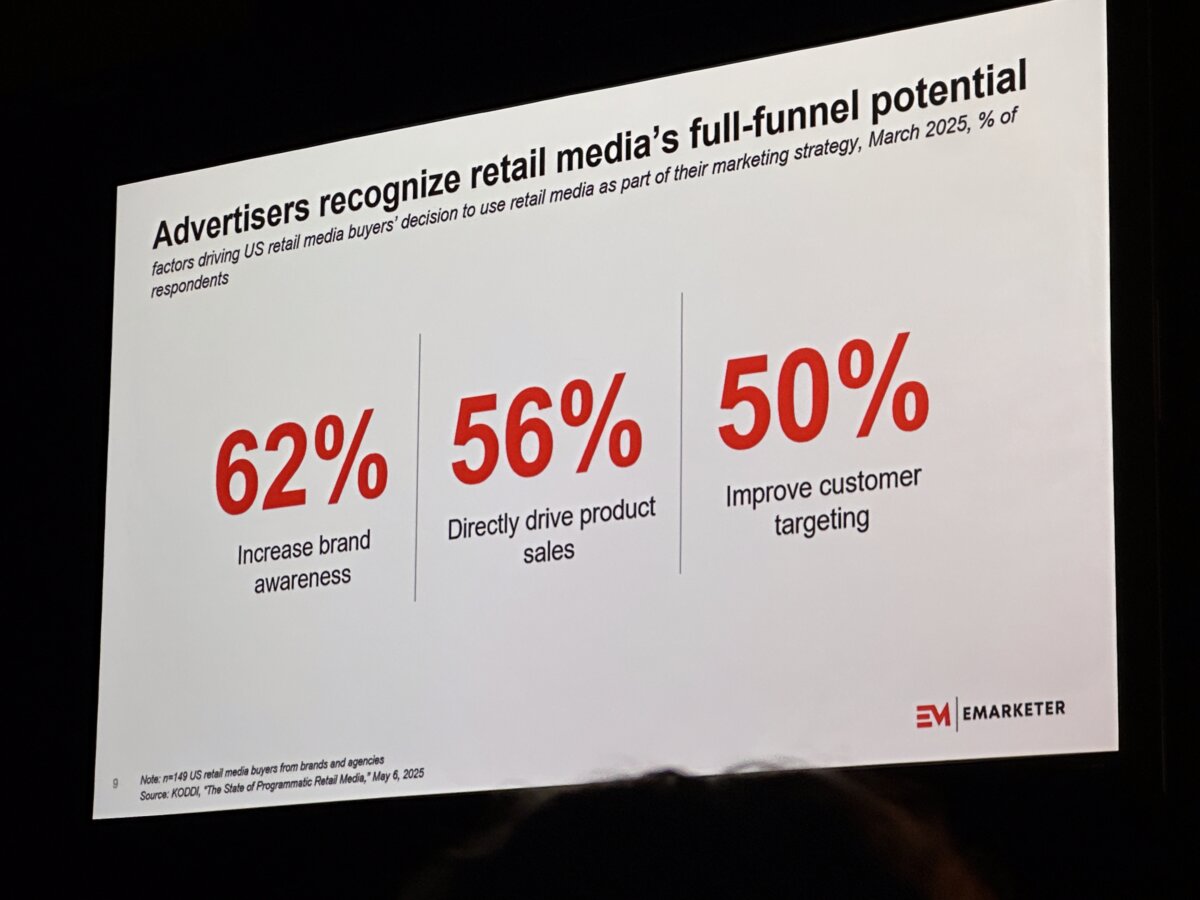| October 11, 2021
Arbitron Portable People Meter(TM) Technology to Audit Broadsign’s Advertising “Proof-of-Play”
Arbitron launches first electronic, content playback verification service for Digital Out-of-Home Industry using the Portable People Meter technology
Columbia, Maryland, September 16, 2009
Arbitron Inc. (NYSE: ARB) announced today that it has signed an agreement with Broadsign International, a leading worldwide provider of software solutions for managing digital out-of-home video networks, to deliver a proof-of-play advertising audit service using the Portable People Meter (PPM(TM)) technology.
Arbitron will use its PPM technology to conduct a series of annual audits capturing when encoded audio and video advertising content is displayed on networked digital screens in 50 random broadsign-run locations across the United States. The data will be compared with the Broadsign commercial schedule logs. This verification system equips digital out-of-home networks with base metrics to substantiate return-on-investment to advertisers.
“For screen audience numbers to be relevant to advertisers, you have to prove first that their ads played as scheduled and the screens were on,” says Brian Dusho, President and Chief Strategy Officer of Broadsign International. “By auditing our proof-of-play reporting system with the help of Arbitron, we are giving our client networks an added level of transparency and assurance for justifying ad rate cards and for their negotiations with advertisers.”
Digital Out-of-Home (DOOH) is a highly targeted medium. DOOH networks have versatile control over which message will be played where, and whether the screens are on and displaying the right content. The ability to control and target the content creates a logistical challenge for networks’ reporting applications.
The PPM technology-based proof-of-play audit by Arbitron is the first such service in digital out-of-home industry. It replaces manual monitoring of screens with advanced technology, which simplifies the task of verifying advertising compliance and makes the verification more scalable.
“One of the barriers to large-scale media buys in digital out-of-home space has been the lack of standardized metrics,” said Alton Adams, Executive Vice President, Arbitron Inc. “The Portable People Meter technology will help establish the first tier of accountability to digital out-of-home advertisers, laying the foundation for any other measurement in this new medium. The PPM technology is well-suited to capture proof-of-play as the technology captures distinct content and the time of broadcast.”
Arbitron’s PPM technology-based audit methodology was successfully tested in October 2006 during a pilot program at broadsign-run Digital Promo Network, which operates screens in convenience stores across the United States.
About Broadsign
Broadsign International Inc. is a leading worldwide provider of Software as a Service (SaaS) solutions for managing digital out-of-home networks. Broadsign SaaS was built for digital signage networks that generate revenue from advertising sales. It resolves the challenges facing modern digital signage networks: the need for acceptance by the mainstream advertising community, time to market and the need for full campaign execution functionality, accountability and true scalability. The software enables operators to target out-of-home audiences, sell network airtime, and reliably play back scheduled content on each screen and account for campaign performance. Broadsign combines extensive expertise in digital signage software, media, advertising, and information technology and is a member of the Out-of-home Video Advertising Bureau (OVAB), OVAB Europe, OAAA, the Digital Signage Association and CODA. 230 digital signage networks in 25 countries run on Broadsign(TM) Suite platform. The company’s corporate office, Operations, Support and Development facilities are in Montreal, Canada.
For more, visit www.broadsign.com
About Arbitron
Arbitron Inc. (NYSE: ARB) is a media and marketing research firm serving the media – radio, television, cable, online radio and out-of-home – as well as advertisers and advertising agencies. Arbitron’s core businesses are measuring network and local market radio audiences across the United States; surveying the retail, media and product patterns of local market consumers; and providing application software used for analyzing media audience and marketing information data. The company has developed the Portable People Meter(TM), a new technology for media and marketing research.
Portable People Meter(TM) and PPM(TM) are marks of Arbitron Inc.
PPM ratings are based on audience estimates and are the opinion of Arbitron and should not be relied on for precise accuracy or precise representativeness of a demographic or radio market.
Arbitron Forward-Looking Statements
Statements in this release that are not strictly historical, including the statements regarding expectations for 2009 and any other statements regarding events or developments that we believe or anticipate will or may occur in the future, may be “forward-looking” statements. There are a number of important factors that could cause actual events to differ materially from those suggested or indicated by such forward-looking statements. These factors include, among other things, the current global economic recession and the upheaval in the credit markets and financial services industry, competition, our ability to develop and successfully market new products and technologies, our ability to successfully commercialize our Portable People Meter(TM) service, the growth rates and cyclicality of markets we serve, our ability to expand our business in new markets, our ability to successfully identify, consummate and integrate appropriate acquisitions, the impact of increased costs of data collection including a trend toward increasing incidence of cell phone-only households, litigation and other contingent liabilities including intellectual property matters, our compliance with applicable laws and regulations and changes in applicable laws and regulations, our ability to achieve projected efficiencies, cost reductions, sales growth and earnings, and international economic, political, legal and business factors. Additional information regarding the factors that may cause actual results to differ materially from these forward-looking statements is available in our SEC filings, including our 2008 Annual Report on Form 10-K. These forward-looking statements speak only as of the date of this release and the Company does not assume any obligation to update any forward-looking statement.



